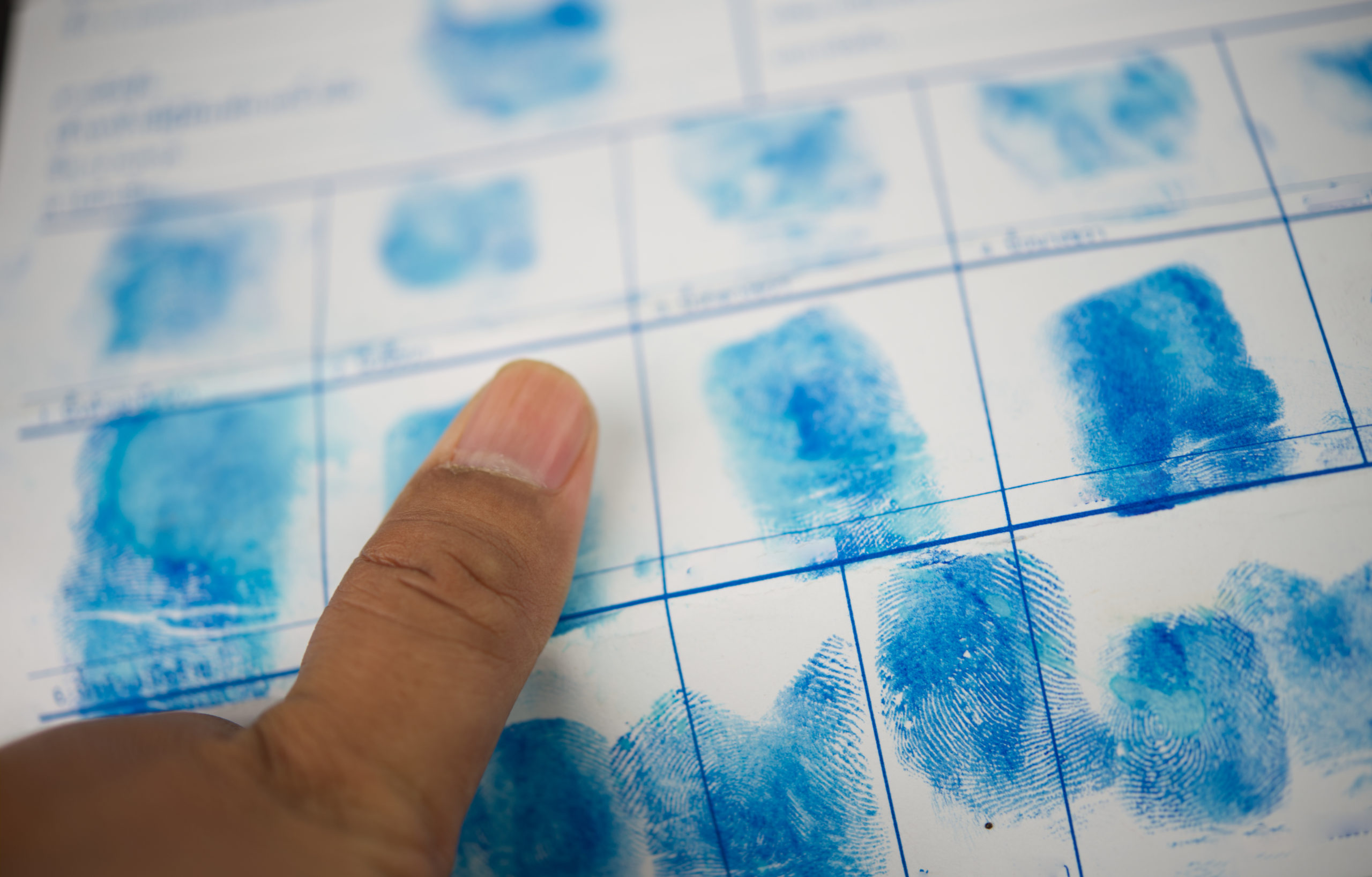We all know about traditional breathalyzers and blood tests when it comes to detecting substance abuse. But what if you could tell if someone has been using by simply taking their fingerprint? That happens to be an innovative new technology that researchers in London are currently working on.
According to information provided to the New Scientist website, this type of tech can retrieve results in less than two minutes. It also can be extremely helpful in forensic investigations. Melanie Bailey works at the UK-based University of Surrey and is one of the leads behind these trials. A majority of her tests have honed in on cocaine detection, either if someone has snorted it or simply come in contact with it.
“You can use [this fingerprint tech] to say either somebody’s touched the drug or they’ve ingested it,” Bailey explained to the site. “The test picks up on a molecule called benzoylecgonine, which is excreted through the skin after a person has ingested cocaine. The chemical is also present as an impurity in some street samples of cocaine.”
This new type of touch detection is definitely groundbreaking. Even if a person has washed their hands or cleansed themselves, benzoylecgonine will still be present in their sweat and will be called out by the results. The New Scientist article went on to describe how the actual test works.
For the trials, Bailey and her team took fingerprints from people who had come into contact with pure cocaine, as well as diluted “street” strains. They also printed 26 people at a drug rehab clinic who had used within the past 24 hours. Pressing their index fingers onto specialized paper for a period of 10 seconds allowed the researchers to instantly see whether cocaine was present.
Circling back with the participants, the group was able to conclude that their results were 95 percent accurate. And, they could still detect the presence of drugs up to 48 hours after ingestion.
Bailey added that this could be extremely beneficial for people who are required to stay sober on the job. “If someone’s ingested cocaine, you wouldn’t want them to fly a plane or drive a bus,” she added. “Our technology can easily make those determinations.”
And it can certainly be useful within the recovery industry as well. Drug tests can often be difficult, tedious processes in their current state. If there was an easier, less invasive way to determine sobriety, we would most certainly support that movement.







